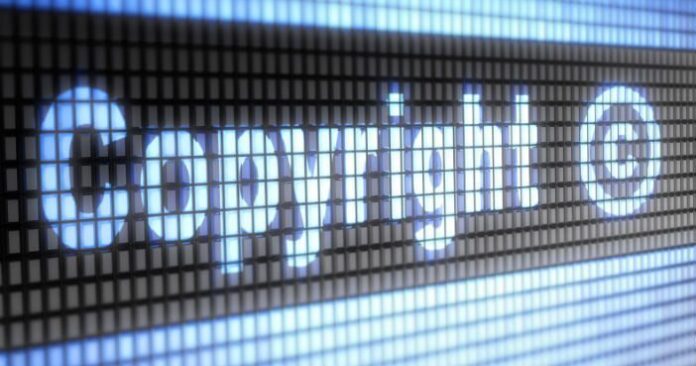With rare bipartisan support, the U.S. House of Representatives passed a bill that would allow consumers to unlock their cellphones, making it easier to switch carriers and keep their device. President Obama is expected to sign the “Unlocking Consumer Choice and Wireless Competition Act” soon. It’s a victory for the consumer rights advocates who first gathered the 114,000 petition signatures to bring the issue to the White House’s attention, but they don’t plan to stop there.
Their next aim is to reform the Digital Millenium Copyright Act, which is the underlying copyright law that caused the problem in the first place — and may cause it to occur again. The law that Obama signs will only be in effect until the next copyright ruling by the Library of Congress in 2015.
“Last week’s phone unlocking success was a partial victory, but users deserve more,” the Electronic Frontier Foundation posted on July 28.
Unlocking a cell phone so that it can access another network wasn’t illegal until the Library of Congress in 2012 declared that infringed on copyright. That decision was made under the DMCA, and Sina Khanifar, the original author of the White House petition, has launched a website FixtheDMCA.org in an effort to revise a section 1201 of the act. Supporters claim that section prevents consumers from unlocking of cell phones, switching software on game consoles and even fixing cars if a software lock is involved. So far the effort has garnered support of some notable tech people including Reddit founder Alexis Ohanian; O’Reilly Media founder, Tim O’Reilly; and IFixit CEO Kyle Wiens.
The movement has yet to see much traction legislatively, however, and it’s uncertain that congress would pass anything before the next Library of Congress ruling. Still, Khanifar felt that the strong support for the most recent unlocking bill should influence that decision.
“While the unlocking exemption is only restored until the Librarian’s next rulemaking, this is the first time Congress has acted to reverse an exemption, and we expect that it sends a strong message to the Librarian that Congress expects future unlocking exemptions to be granted,” Khanifar said in a joint statement with Wiens.
For its part, wireless trade association CTIA issued a muted statement after the passage of the unlocking bill.
“Today’s action by the House moves us closer to alleviating any confusion stemming from the Copyright Office’s 2012 decision and we await the President’s signature on the bill to complete this process,” said Jot Carpenter, CTIA’s VP of government affairs.
Carpenter also made sure to note that CTIA members had already committed to a voluntary principles that enabled consumers to unlock their phones at the end of their contracts referring to the December agreement that the Federal Communication Commission hammered out the with CTIA and five major U.S. carriers: Verizon Wireless, AT&T Mobility, Sprint, T-Mobile US and U.S. Cellular.
Unlocking cell phones has been controversial issue with carriers citing concerns over security and access to embedded services. In June, AT&T warned of a hack attached to unlocking requests.
Nevertheless, Carpenter refrained from any broad criticism of the bill, instead praising bill sponsors for “avoiding the imposition of any new regulatory obligations on wireless providers.”
Featured Image Copyright: piren / 123RF Stock Photo

As cellphone unlocking bill heads to Obama's desk, activists eye copyright law
ABOUT AUTHOR
